On 31 March 2025, the Worldwide Head and the Fifth Khalifa (Caliph) of the Ahmadiyya Muslim Community, Hazrat Mirza Masroor Ahmadaba led the congregation in Eid al-Fitr prayer and delivered the Eid sermon at Mubarak Mosque in Islamabad, Tilford, UK.
During the sermon, His Holiness emphasised that Eid is not merely a day of celebration, but also a day of reaffirming our pledge to uphold and sustain the virtuous practices we observed during Ramadan. His Holiness cautioned that if we fail to continue these good deeds, then the joy of Eid we experience today will be fleeting and will leave no lasting impact on our spiritual lives, as true significance lies in sustaining the righteousness we cultivated during Ramadan.
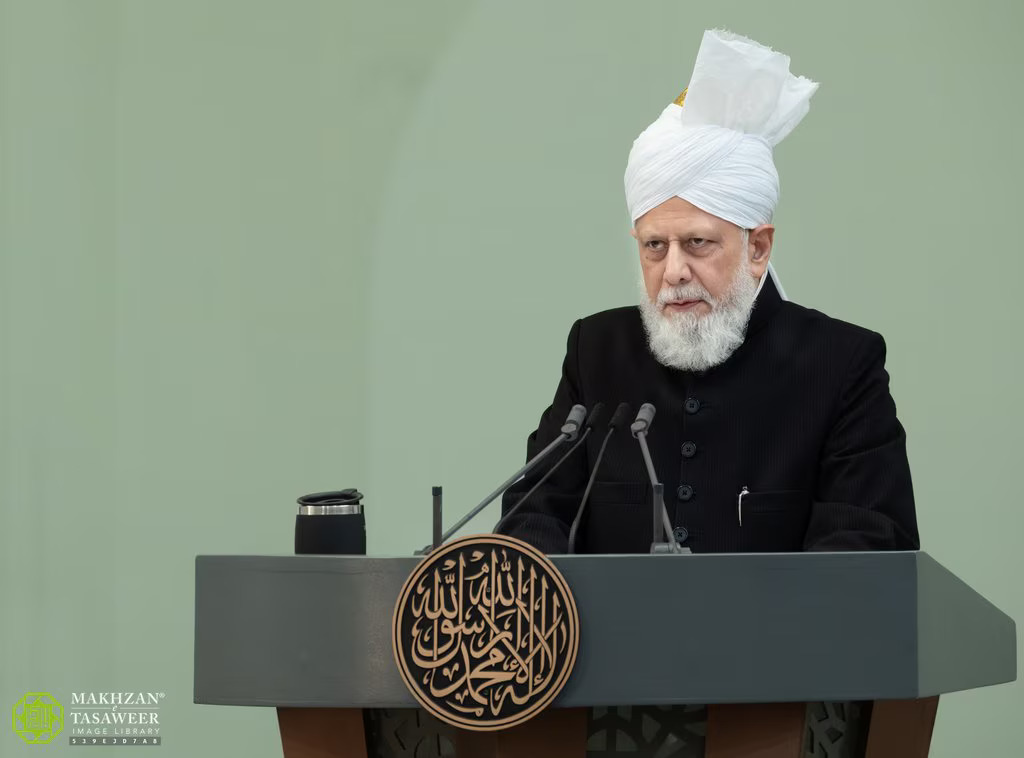
His Holiness also quoted the Promised Messiahas, who stated that while Eid is indeed a blessed day, there is another day that is even more blessed and a source of greater happiness. However, unfortunately, people neither seek that day nor anticipate it as they should. Otherwise, if they understood its blessings and virtues, they would value it and consider it a great bounty.
Elaborating on this, the Promised Messiahas explained that this most blessed day is the day of a person’s sincere repentance. It surpasses Juma’ah and the two Eids in virtue because on that day, a person’s record of bad deeds—which draws them closer to God’s displeasure—is erased, and their sins are forgiven. Thus, no other day brings greater joy than the one that takes man away from Hell and brings him closer to God.
The Promised Messiahas further explained that true Eid is the day a person sincerely repents and their repentance is accepted by Allah. During Ramadan, when the doors of repentance are open, those who benefit from the opportunity and attain God’s forgiveness experience true Eid. The outward celebrations—wearing new clothes and applying fragrance—are merely an expression of that true inner joy.
However, the Promised Messiahas also warned that true repentance must be accompanied by genuine purification. One must completely rid themselves of all spiritual impurities and filth. Otherwise, mere verbal repentance and repetitive words hold no benefit.
His Holiness stated that if we remember this, then we will strive to continue these good deeds even after Ramadan. We will always try to please God and ensure that this grace continues within our future generations. Only then will we be celebrating Eid in its true sense.

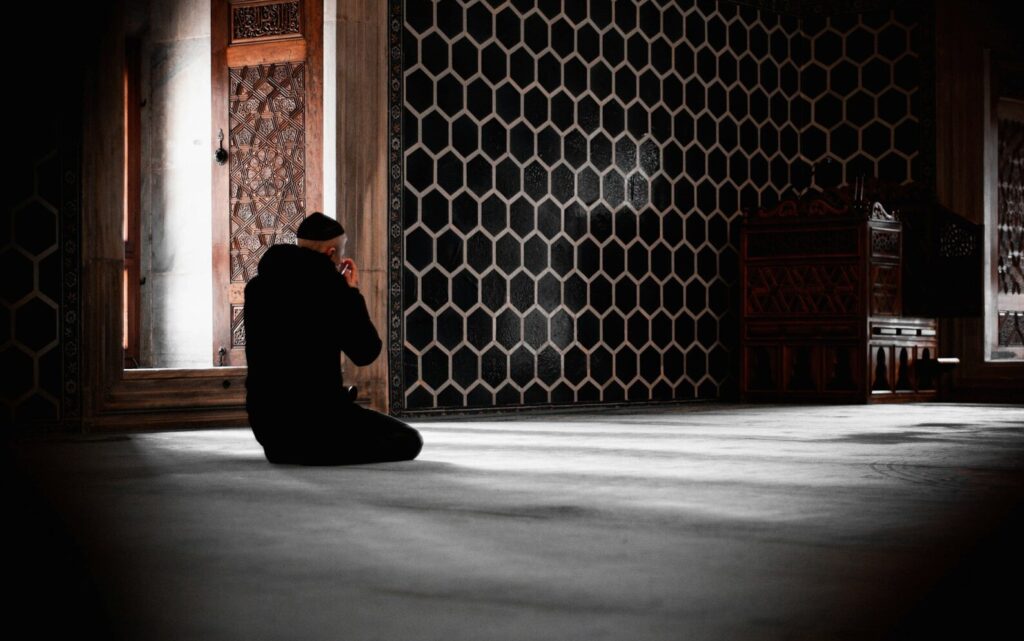




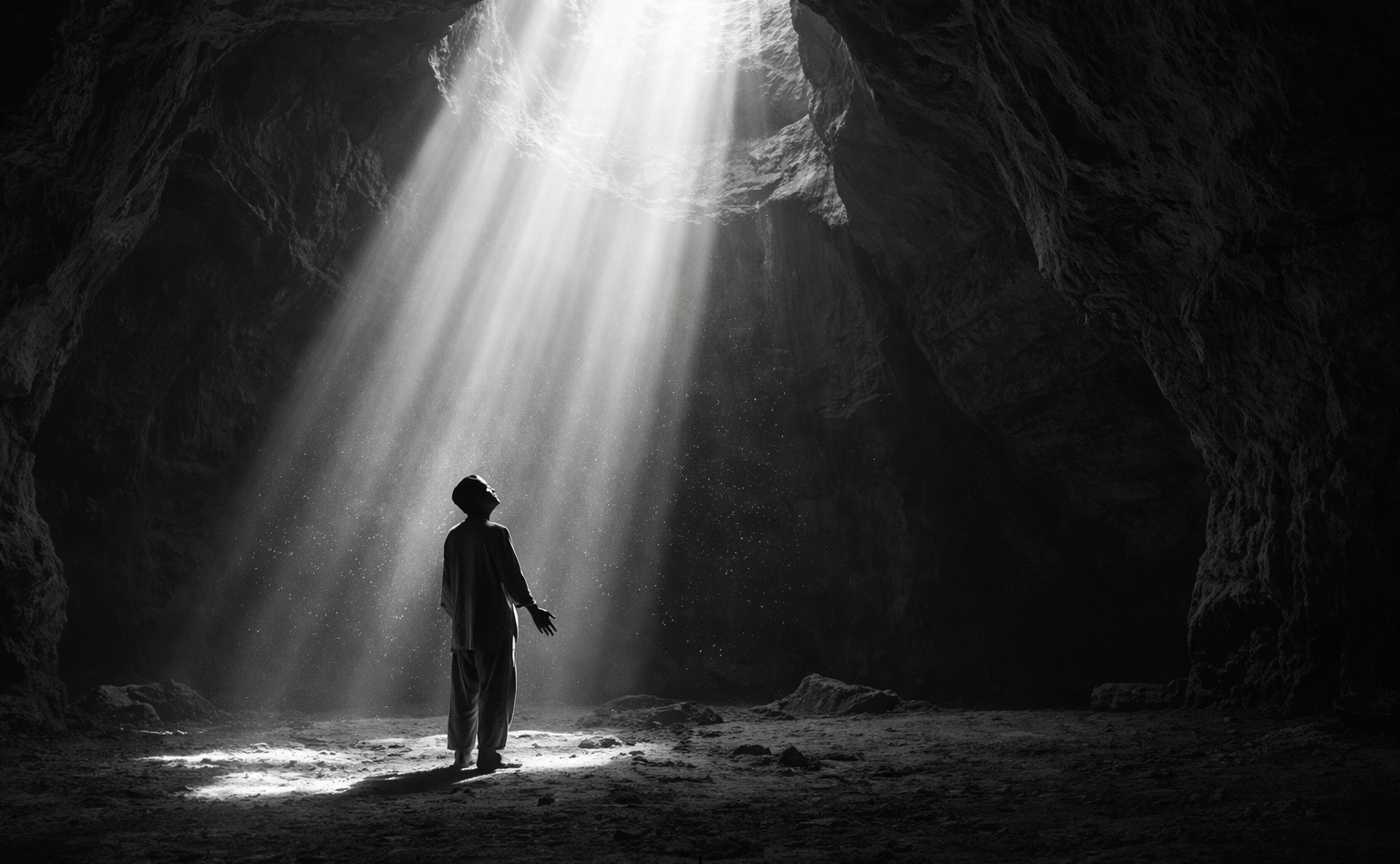
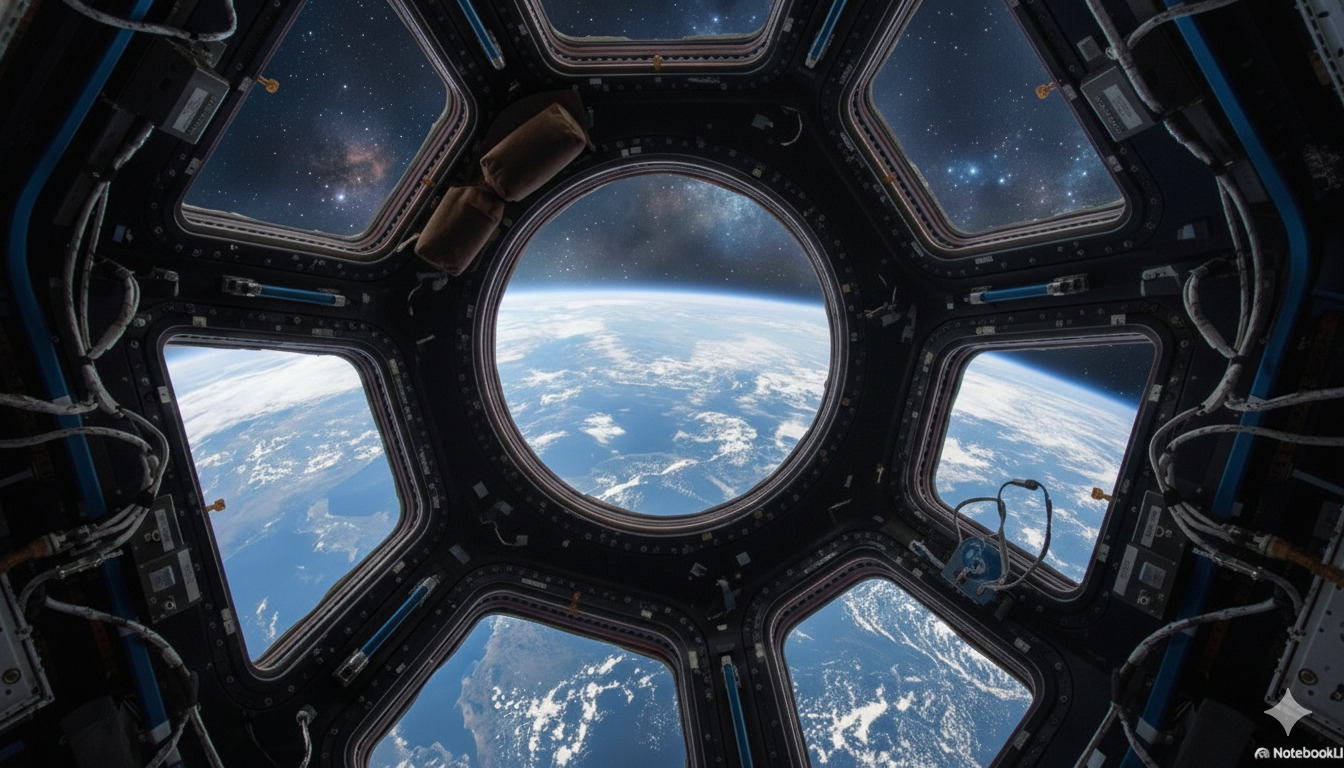



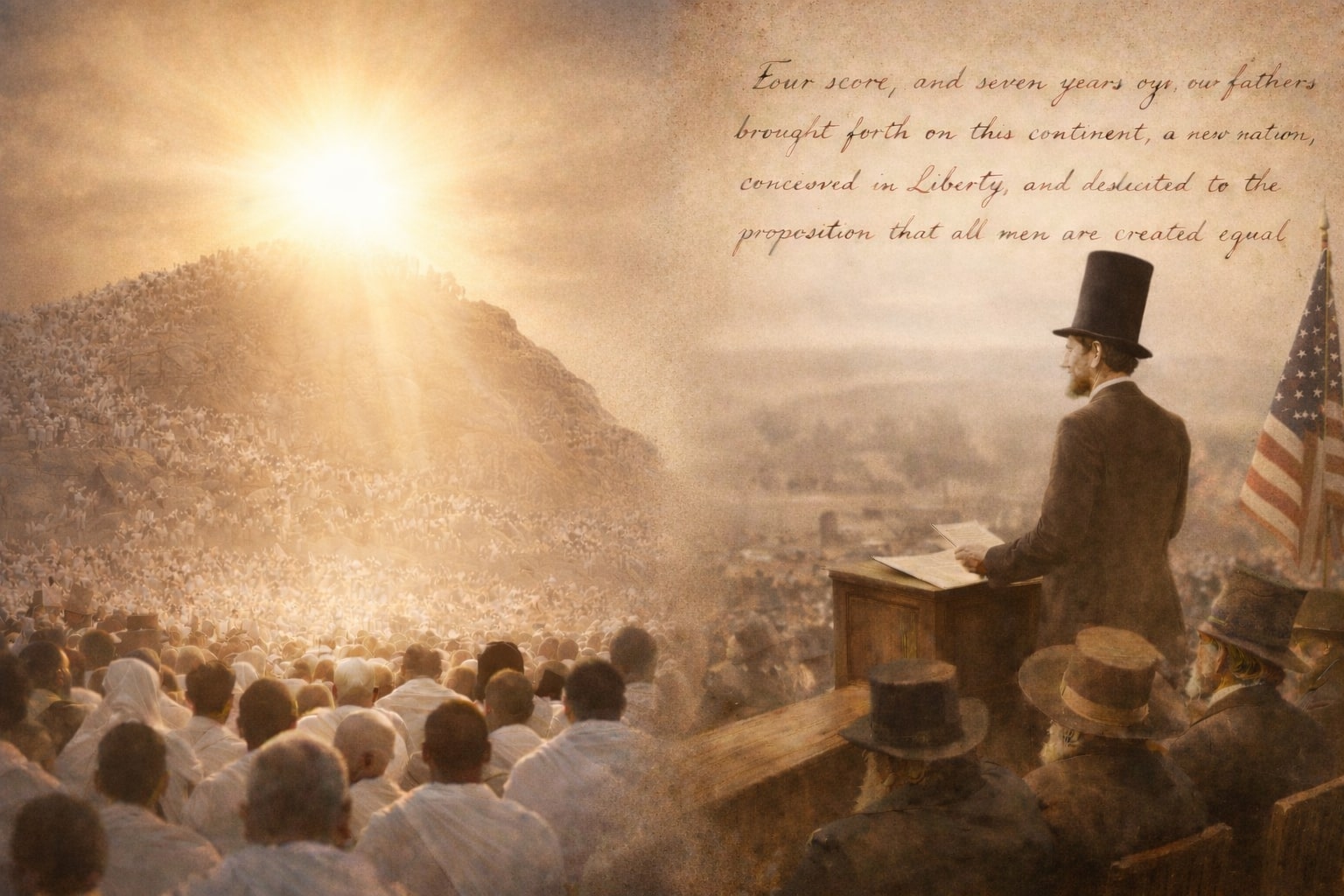
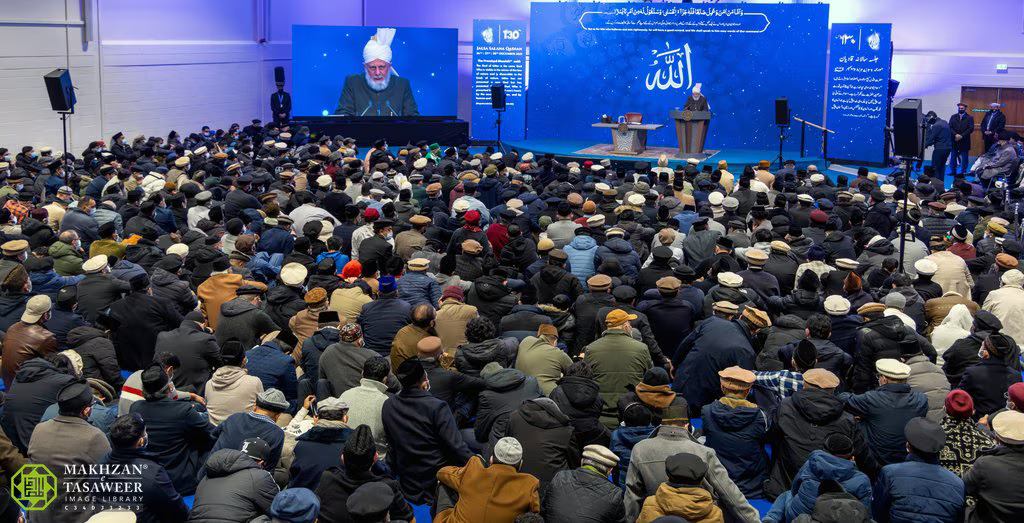
0 Comments